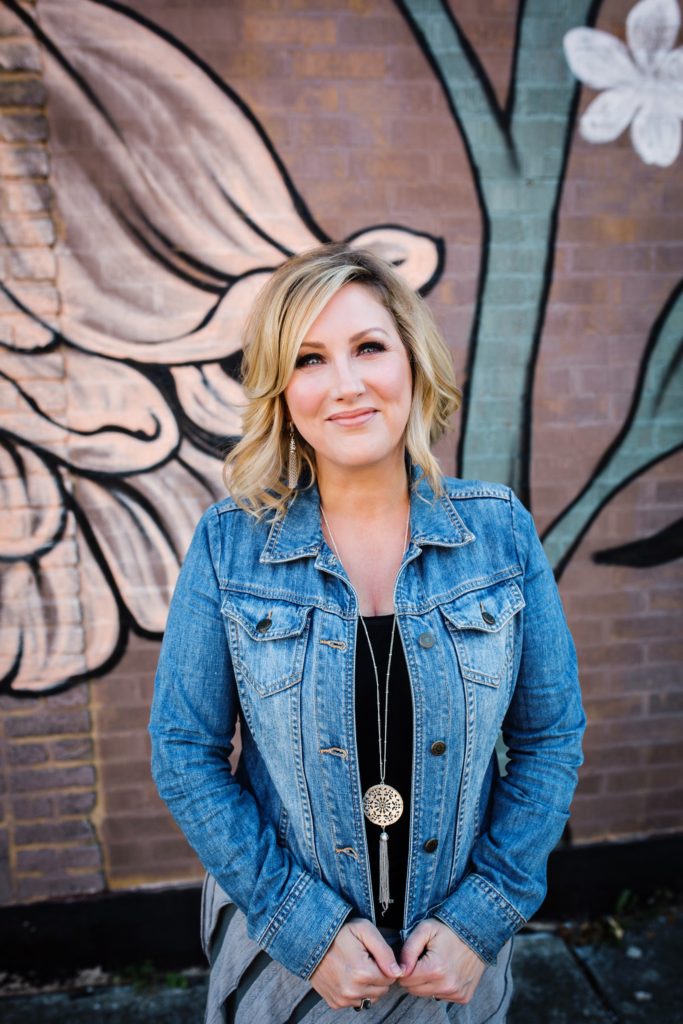
In this special mental health edition of Gazelles in Our Midst, we turn to a clinical psychotherapist to help the Gazelles in all our lives who are struggling during the pandemic navigate.
Erin Wiley is the executive director of The Willow Center, where she leads a team of 20 therapists in their goal of meeting the counseling needs of people and families in-person and through telehealth. Wiley also hosts a podcast on a range of wellness and well-being topics.
Clients turn to Wiley to help them navigate the complexities of marriage, family, parenting and relationships. She has extensive training in marriage counseling from the Gottman Institute, located in Seattle, Washington, with her most recent area of research involving the study of the management and regulation of emotion as it pertains to mental health.
The ongoing pandemic has spiked, with more people struggling with isolation, loneliness and a sense of hopelessness, according to Wiley.
She says self-care is even more important for both mental and physical health during the pandemic.
“Self-care can help us remain emotionally stable and healthy during stressful times,” Wiley said. “We are living through a time of collective trauma. People have lost loved ones, their way of life, their jobs, financial security, and school options for their children. Those are a lot of losses.”
Right now, most of Wiley’s therapy patients are busy just trying to manage schooling for their children, family events, keeping their loved ones safe and healthy and adapting to new rules for living in a pandemic.
“It seems most are not doing as well caring for themselves as they could. Many of us learn to care for others before ourselves, and that isn’t healthy,” Wiley said. “People think that drinking wine, taking a mental health day away from work, or enjoying chocolate and a TV show is self-care, but it’s much more.”
According to Wiley, people tend to reach for food to calm down and feel better. They also turn to wine, TV series, social media, overworking and online shopping, which are misperceived self-care habits.
“In fact, these are all undisciplined ways to try and feel better that don’t lead to lasting happiness,” she added. “To the contrary, they often have negative ramifications over the long haul.”
Wiley provides five self-care tips to begin practicing now for increased well-being:
- Work to better understand and manage emotions.
- Take care of physical health (sleep, exercise, nutrition).
- Maintain and nurture relationships.
- Find ways to calm down that are enjoyable and healthy.
- Work on developing healthy daily habits to stay on track with regular self-care.
Learning to develop encouraging self-talk as opposed to shaming self-talk can make a big difference in creating and maintaining new healthy habits, Wiley adds.
“Now more than ever, we should be adopting and practicing sound mental health habits,” she recommends. “Being able to manage emotions at times of high stress is a great predictor of resiliency. In times of stress, people tend to go into survival mode, and they struggle to maintain healthy habits.”
 For more tips and podcast conversations on various wellness topics, visit erin-wiley.com.
For more tips and podcast conversations on various wellness topics, visit erin-wiley.com.





